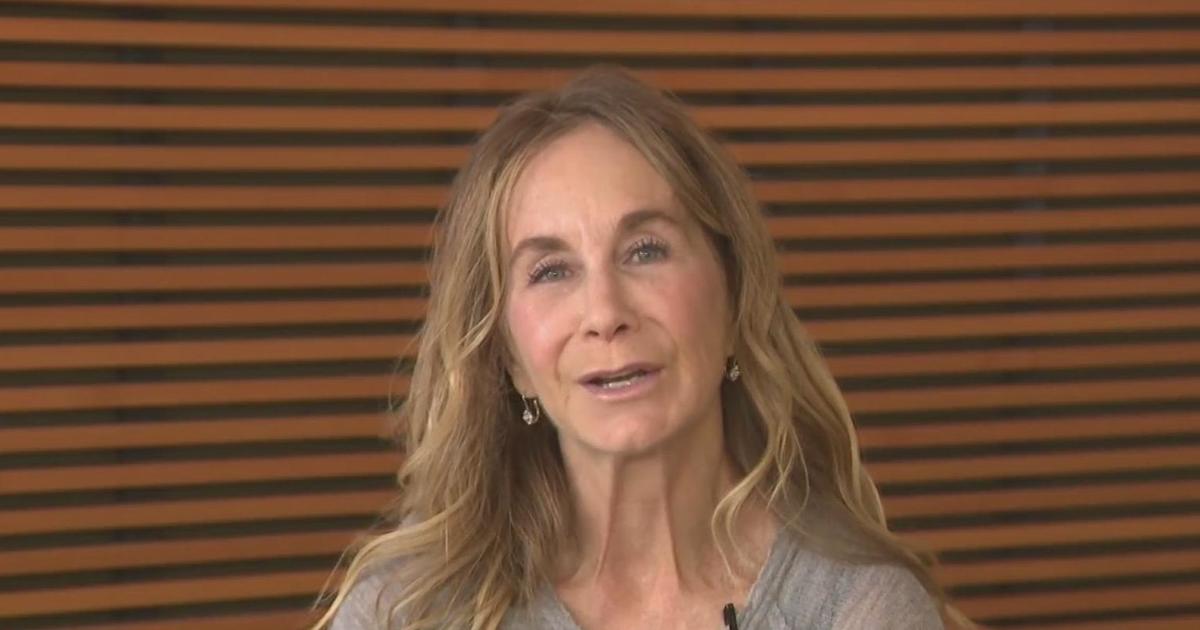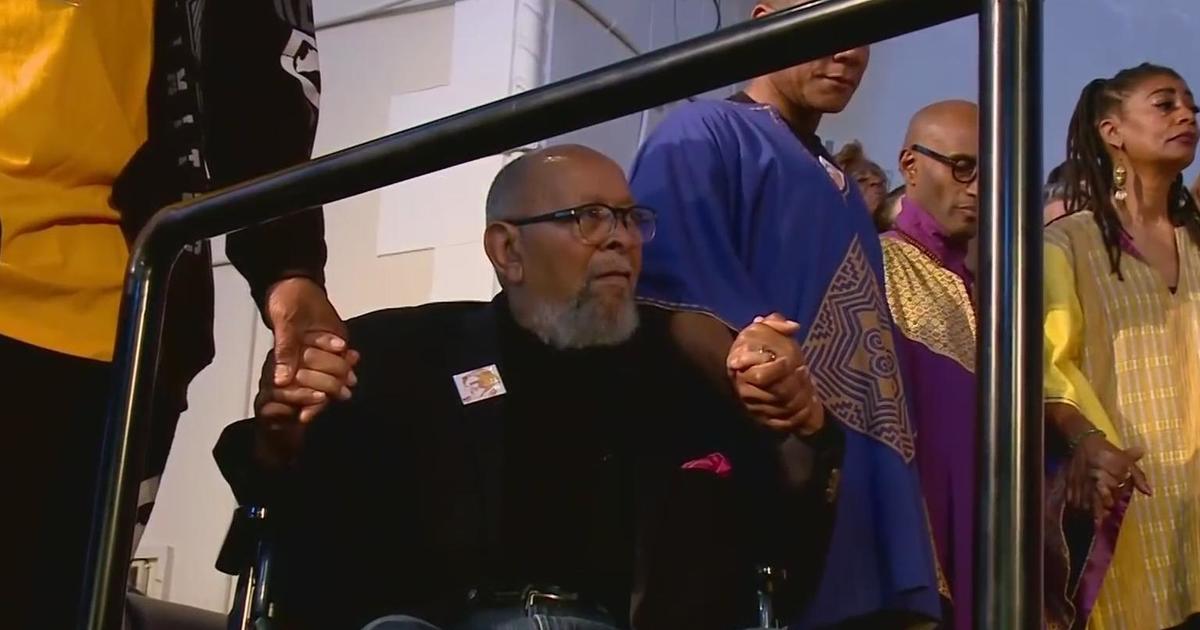Trump Signs Executive Order Against Social Media Companies After Twitter Fact Check
WASHINGTON (CBS SF / CNN) -- President Donald Trump on Thursday signed an executive order targeting social media companies on Thursday, days after San Francisco-based Twitter called two of his tweets "potentially misleading."
Speaking from the Oval Office ahead of signing the order, Trump said the move was to "defend free speech from one of the gravest dangers it has faced in American history."
ALSO READ: Trump Tweets About 'Big Day' For Social Media; Tech Companies Fear What's Coming Next
"A small handful of social media monopolies controls a vast portion of all public and private communications in the United States," he claimed. "They've had unchecked power to censor, restrict, edit, shape, hide, alter, virtually any form of communication between private citizens and large public audiences."
A day after Twitter's fact-check flagging of two Trump posts drew the President's ire, he opened the day tweeting -- "This will be a Big Day for Social Media and FAIRNESS!"
The executive order tests the boundaries of the White House's authority. In a long-shot legal bid, it seeks to curtail the power of large social media platforms by reinterpreting a critical 1996 law that shields websites and tech companies from lawsuits.
It marks a dramatic escalation by Trump in his war with tech companies as they struggle with the growing problem of misinformation on social media. The President has regularly accused sites of censoring conservative speech.
A draft order, which was reviewed by CNN, targets a law known as the Communications Decency Act. Section 230 of the legislation provides broad immunity to websites that curate and moderate their own platforms, and has been described by legal experts as "the 26 words that created the internet."
It argues that the protections hinge mainly on tech platforms operating in "good faith," and that social media companies have not.
"In a country that has long cherished the freedom of expression, we cannot allow a limited number of online platforms to hand-pick the speech that Americans may access and convey online," the draft order says. "This practice is fundamentally un-American and anti-democratic. When large, powerful social media companies censor opinions with which they disagree, they exercise a dangerous power."
On Tuesday, Twitter applied a fact-check to two of Trump's tweets, including one that falsely claimed mail-in ballots would lead to widespread voter fraud. Trump immediately shot back, accusing the social media giant of censorship and warning that if it continued to offer addendums to his messages, he would use the power of the federal government to rein it in or even shut it down.
The draft order also accuses social media platforms of "invoking inconsistent, irrational, and groundless justifications to censor or otherwise punish Americans' speech here at home." It also faults Google for helping the Chinese government surveil its citizens; Twitter for spreading Chinese propaganda; and Facebook for profiting from Chinese advertising.
Facebook, Google and Twitter didn't immediately respond to a request for comment, though Twitter CEO Jack Dorsey tweeted the company wanted to "show the information in dispute so people can judge for themselves."
KPIX 5 asked some Bay Area experts to weigh in on the executive order.
"The courts will have to determine whether in fact the White House can do that by executive order," said Stanford University Director of Domestic Policy and Hoover Institute Fellow Lanhee Chen.
"They have taken a stance that there is a line that they do not want anyone on their platform to cross when it comes to misinformation or disinformation that could affect an election," said CNET editor in chief Connie Guglielmo.
"The question is should social media providers do what they did," said Chen. "Does that place constitutional prohibitions on free speech in a way that challenges protections we all have as citizens under the constitution."
With legal challenges expected to follow, the question is how will the social media landscape look in the future.
"Social media companies will continue to operate as they have been operating because an executive order is not the law it is something the president would like to see happen," said Guglielmo.
"I don't think it's a partisan issue but for the President I think he views it as an opportunity to speak his political base and mobilize the people whose support he needs to win the November election," said Chen.
Speaker Nancy Pelosi (D-San Francisco) issued a statement about the order calling it a "desperate distraction from his failure to provide a national testing strategy to defeat COVID-19."
"The President's Executive Order does nothing to address big Internet companies' complete failure to fight the spread of disinformation," Pelosi said, echoing even stronger comments the speaker made at a news conference Thursday morning. "Instead, the President is encouraging Facebook and other social media giants to continue to exploit and profit off falsehoods with total impunity – while at the same time directing the federal government to dismantle efforts to help users distinguish fact from fiction."
Kenny Choi contributed to this story.
© Copyright 2020 CBS Broadcasting Inc. All Rights Reserved. This material may not be published, broadcast, rewritten. CNN contributed to this report.



